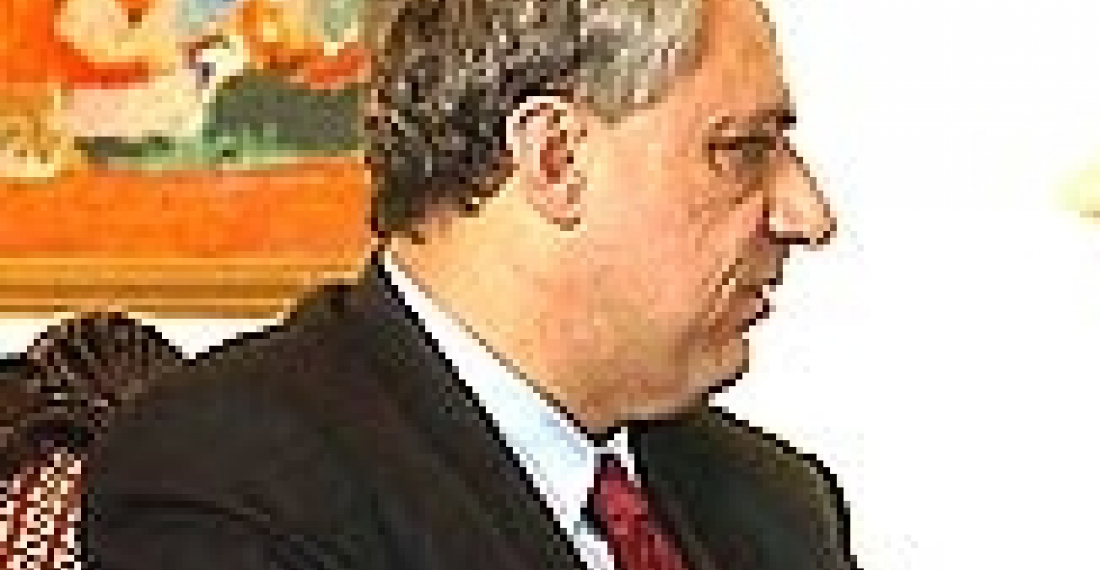Former Foreign Minister of Armenia, member of Prosperous Armenia party Vartan Oskanian considers the charges laid against him as an instance of political persecution.
In an interview to Deutsche Welle (Germany), Oskanian said that the charges are groundless. A private foundation has received money from a private person, none of the parties has complained, the money has not been lost, so, there seems to be no problem. Besides, the charges concern an incident that took place as long as two years ago. Armenia is preparing for a presidential race, Oskanian is a member of one of the key rivals of the ruling party, so, the political motives are obvious.
Oskanian does not, however, see sense in trying to dispute the charges. He said that all this is aimed not only against him but against his party, in particular, and democracy in Armenia, in general.
Oskanian does not think that the charges laid against him will affect Prosperous Armenia's future and he is sure that the party will play a decisive role during the forthcoming presidential election.
Deutsche Welle: Oskanian sees no sense in trying to dispute the charges laid against him
Deutsche Welle: Oskanian sees no sense in trying to dispute the charges laid against him







